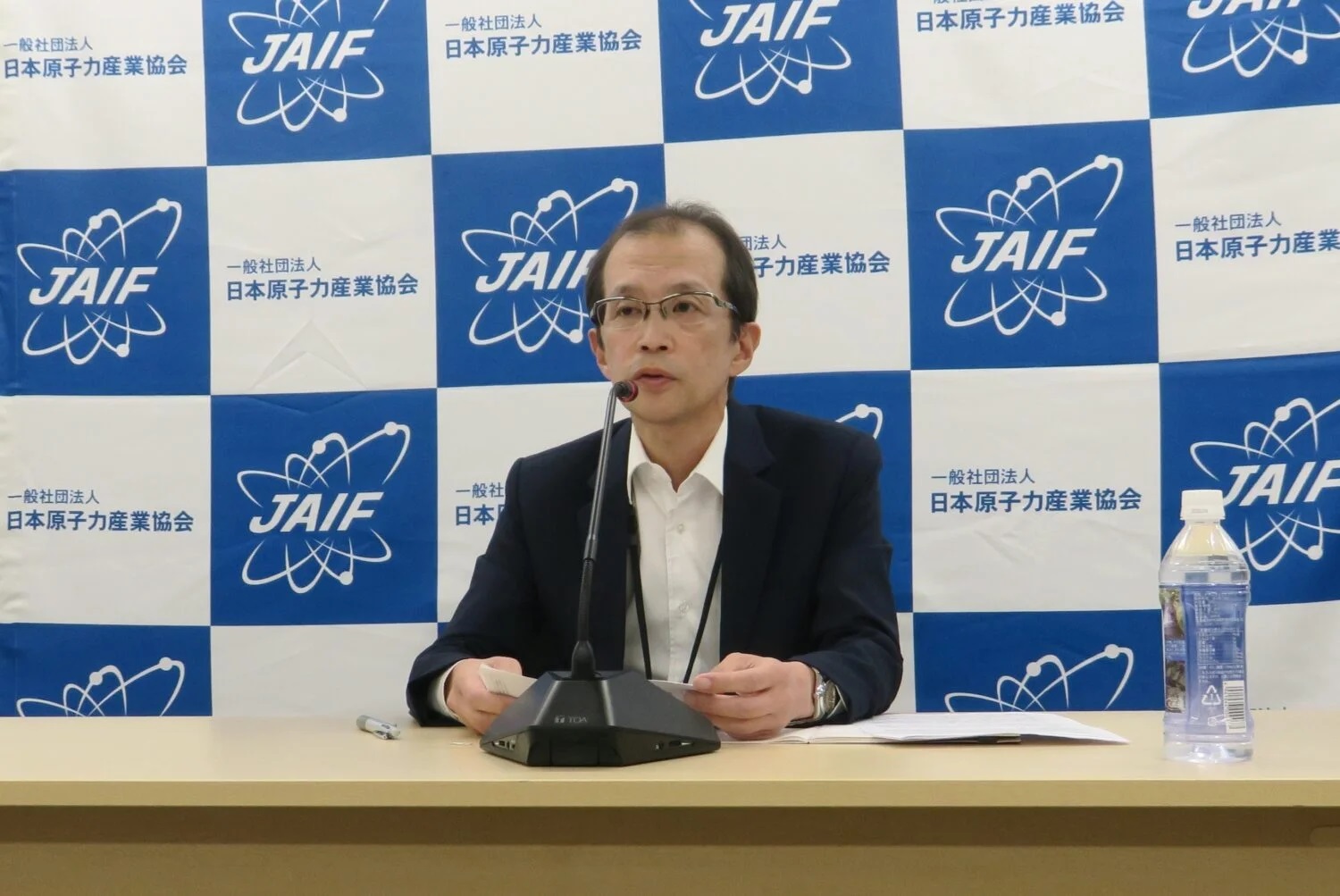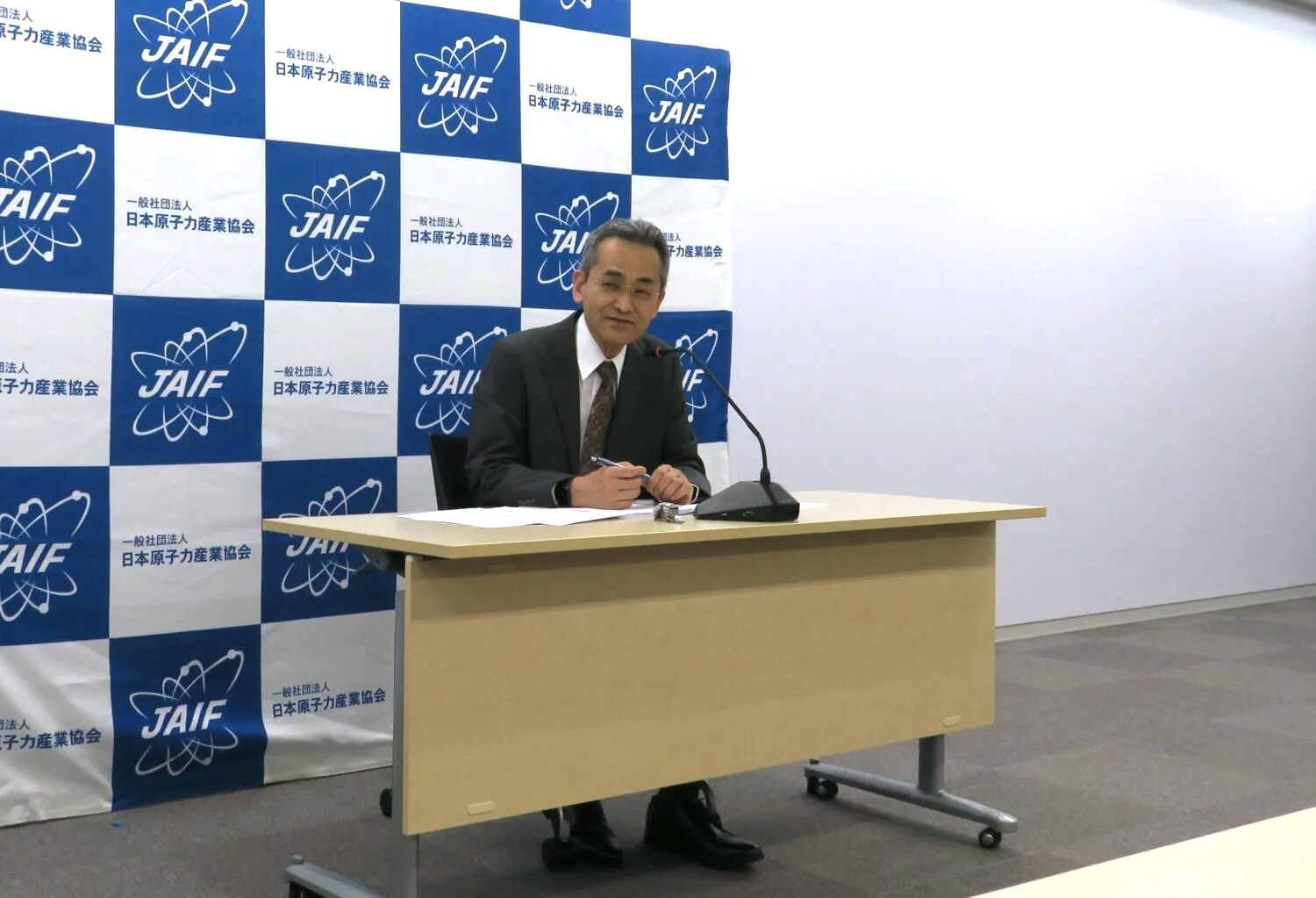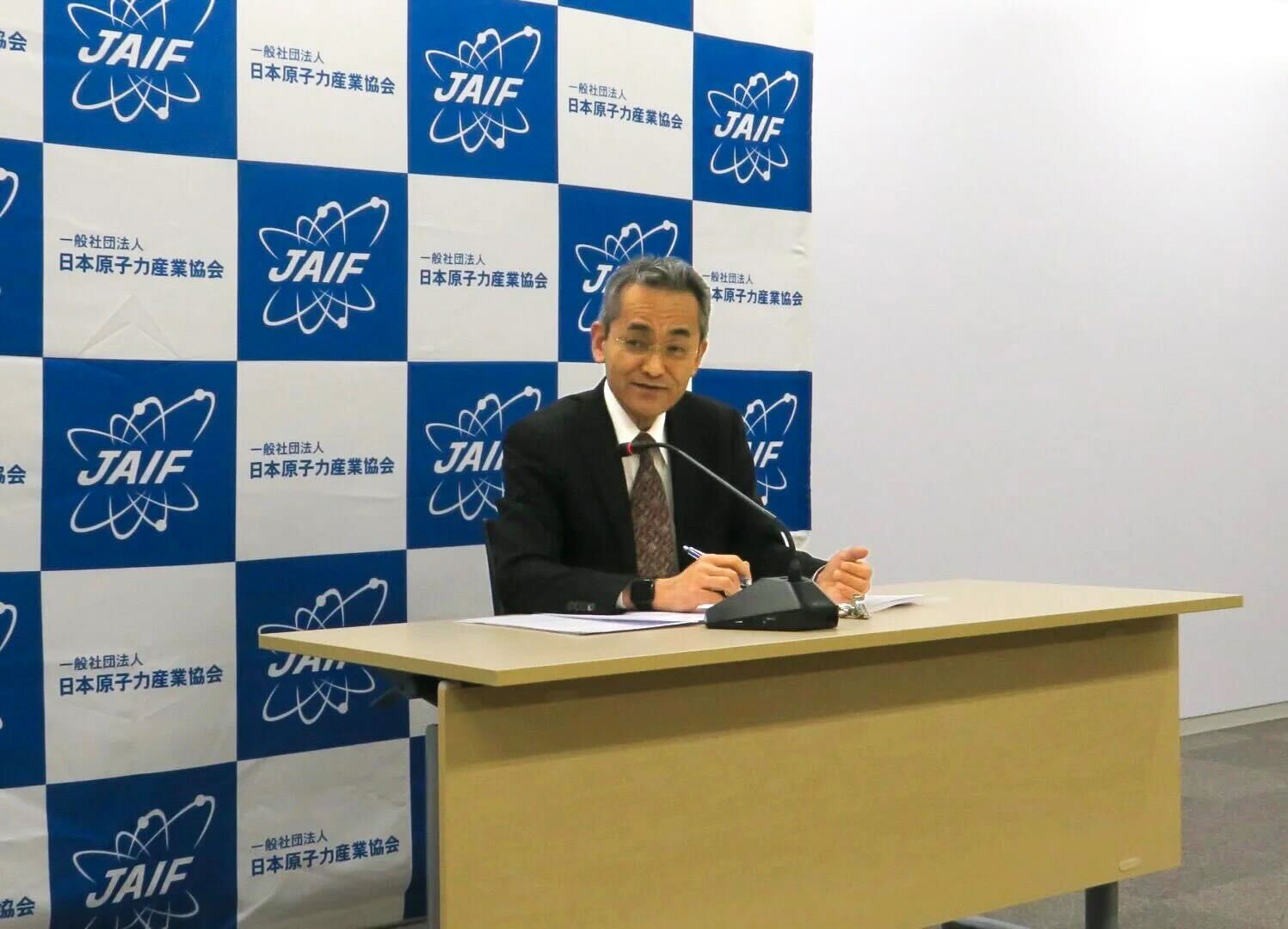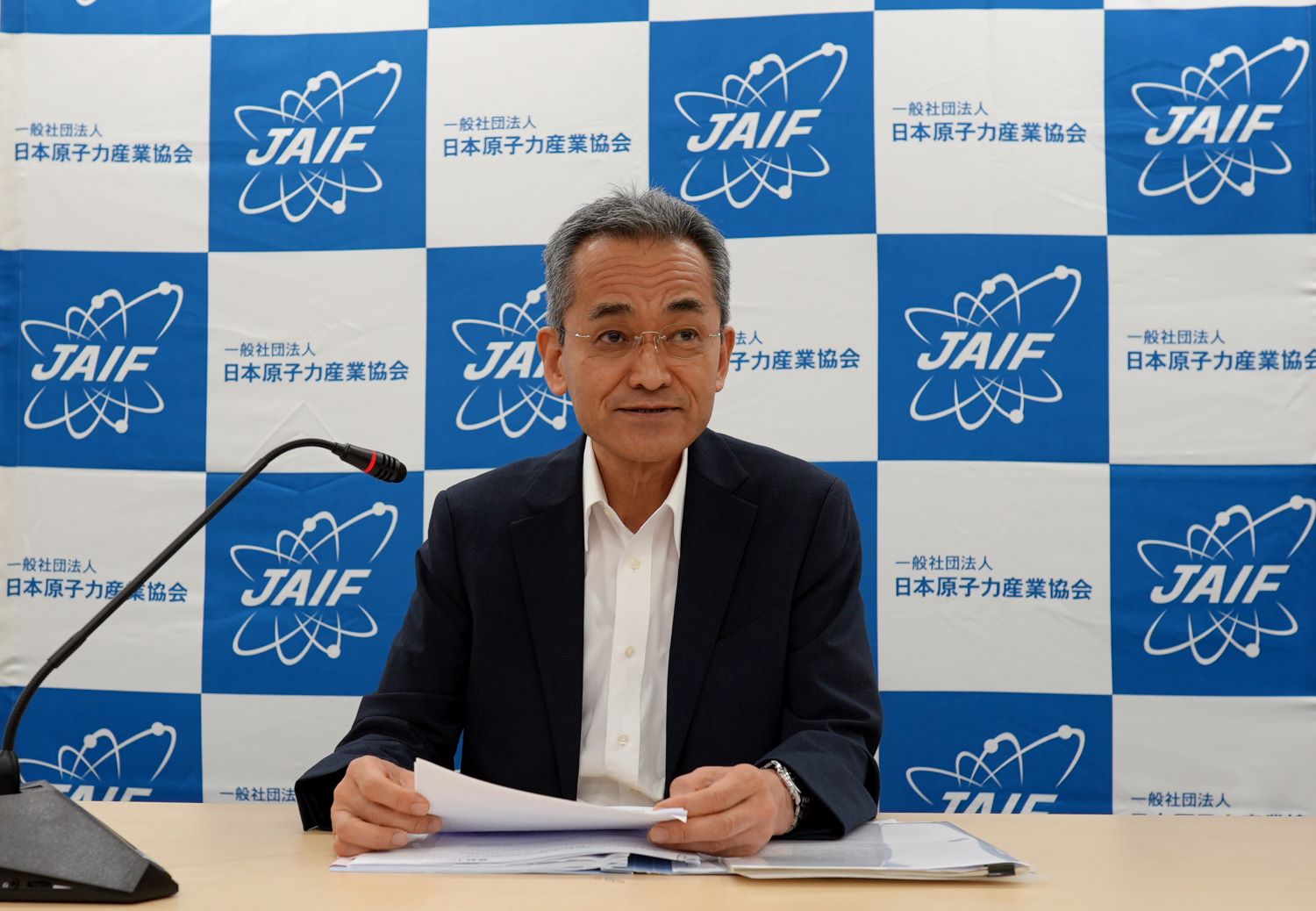The MOX Fuel Fabrication Plant will produce new fuel using plutonium recovered through the reprocessing of the spent fuel from the country’s nuclear power plants (NPPs). Fuel produced at the facility is intended to be used at 16 to 18 nuclear reactors around the country, including four units that have been restarted since the nationwide shutdown.
From the beginning of its nuclear development effort, Japan—dependent on imports for most of its energy resources—has sought to establish the nuclear fuel cycle as a basic policy in order to utilize its resources most effectively and to enhance its energy security. In the past, Japan had commissioned French and British firms to reprocess its spent fuel and to fabricate mixed uranium-plutonium oxide (MOX) fuel, which Japan then imported. The approval of the MOX Fuel Fabrication Plant, coming after the approval in July of JNFL’s Rokkasho Reprocessing Plant, is a major step forward toward the establishment of the nuclear fuel cycle domestically and is, again, quite significant from the viewpoint of Japan’s energy security.
Japan’s basic policy on plutonium is to not hold a surplus amount, that is, beyond what can be used for peaceful purposes. In that respect, the MOX Fuel Fabrication Plant is important as the partner to the reprocessing plant. It is expected that JNFL will carry out the work steadily, with the utmost priority placed on safety, while seeking and obtaining understanding from local communities.
Because nuclear power can supply large quantities of electricity in a stable manner, continuously and without disruption, and over the long term using conveniently stockpiled fuel, it is an essential power component in a robust energy system for Japan, and a major source of low-carbon electricity.
JAIF continues to aim to help people deepen their understanding both of the value of nuclear power, which will contribute to achieving carbon neutrality by 2050, and of the nuclear fuel cycle, which can enhance energy security and reduce the volume and toxicity of high-level radioactive waste (HLW).












